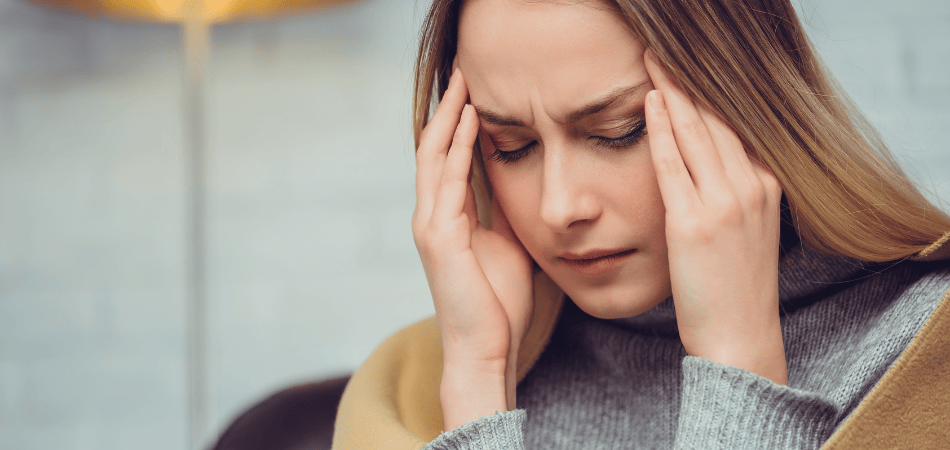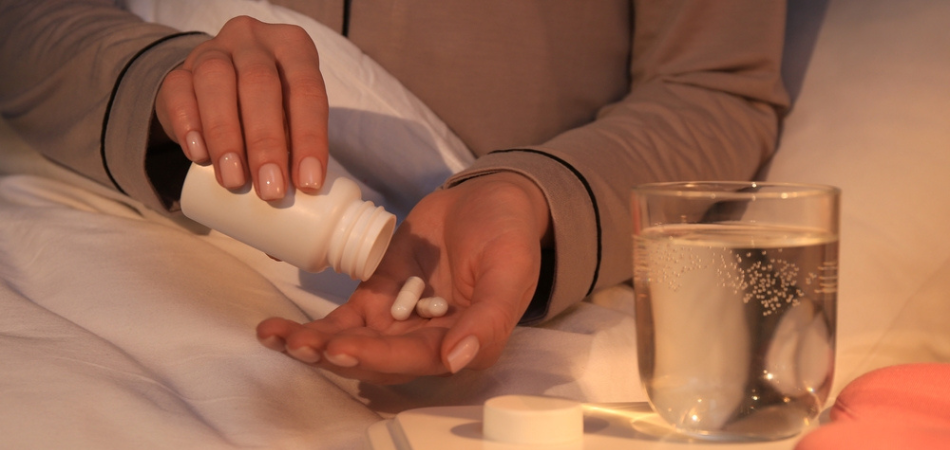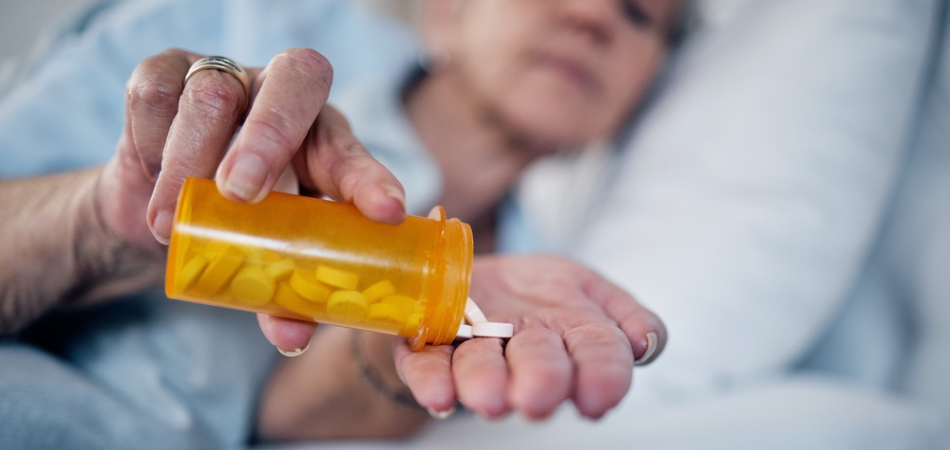
Written by:

Medically Reviewed by:
Last Updated:
August 7th, 2025
Zopiclone Addiction | Symptoms, Effects and Treatment
Zopiclone is one of those medications that can quietly become part of your nightly routine. It’s prescribed, trusted and often seen as a gentle fix for sleep problems. But what many people don’t realise is just how easy it is to slide from using it occasionally to needing it just to fall asleep and then needing more, earlier or stronger. That’s when dependency begins to creep in.
If you’re starting to question your relationship with Zopiclone, this page will help make sense of what’s happening and what support is available.
What is Zopiclone?
Zopiclone is a non-benzodiazepine hypnotic prescribed for short-term treatment of insomnia. It’s part of a class known as Z-drugs, which also includes zaleplon and zolpidem. While not chemically identical to benzodiazepines, Zopiclone acts in a very similar way: by enhancing the effect of GABA in the brain, slowing down activity and promoting relaxation and sleep.
It often gets to work within 30 minutes of taking it, and because of this rapid effect, it’s become a popular solution for those struggling to sleep. But when used for more than a few weeks, the brain can begin to depend on it.
How Zopiclone addiction can begin?
Most people don’t set out to misuse their sleep medication. It might start innocently, taking it a little earlier than usual, using it every night instead of every other night, or increasing the dose when sleep becomes difficult again. Others might continue taking it long after their original prescription was meant to end.
Then there are those who feel emotionally attached to the drug. The thought of going without it brings anxiety, not because of the physical symptoms but because the idea of being awake all night feels unbearable. That’s a form of psychological dependence, and it’s one of the earliest signs that Zopiclone has taken on a bigger role than it should.
How Zopiclone addiction affects everyday life?
Once dependence forms, Zopiclone stops being just a sleep aid. It starts to leave its mark in many different areas of life, often in subtle but troubling ways.
These symptoms can appear even after short-term use, which is why many people find themselves caught between needing to stop and fearing what will happen if they do.
Memory and focus also tend to suffer. Tasks that once felt simple may now take more energy or feel overwhelming, particularly when Zopiclone is taken alongside other medications or substances.
Some people begin hiding their use, especially if they’re taking more than prescribed or buying it without a prescription. That secrecy can create guilt, tension and distance in relationships.
Signs of Zopiclone addiction
Addiction doesn’t always come with dramatic symptoms. Often, it’s a collection of smaller changes that build over time. If you’re unsure whether Zopiclone use has become a problem, here are some common signs to consider:
- Daytime drowsiness or grogginess
- Headaches or nausea, especially in the morning
- Dry mouth or an unusual metallic taste
- Shaking hands or racing heart when missing a dose
- Needing higher doses to fall asleep
- Anxiety about not having Zopiclone nearby
- Mood swings, especially in the evenings or before taking it
- Difficulty focusing or remembering things
- Feeling emotionally numb or low
- Worrying about sleep constantly, even during the day
- Taking more than prescribed or using someone else’s tablets
- Hiding tablets or lying about usage
- Avoiding events or obligations due to fatigue
- Repeatedly asking for early refills or visiting multiple doctors
- Feeling unable to sleep without taking Zopiclone, even when exhausted
Am I addicted to Zopiclone?
If you’re asking the question, it’s worth digging a little deeper. Zopiclone addiction doesn’t always look like other forms of drug dependency. It can hide behind routines, prescriptions and even the belief that it’s necessary.
Ask yourself:
- Have you been using Zopiclone longer than you were told to?
- Do you feel anxious or agitated when you don’t have access to it?
- Has your dosage increased over time?
- Are you avoiding telling others how much or how often you take it?
- Have you tried to stop but struggled with sleep or mood as a result?
If any of these questions resonate, it may be time to explore the issue with the help and support of the professionals who know what they’re dealing with.
What real rest actually feels like?
It’s easy to confuse chemical sedation with real rest. Zopiclone can knock you out. But sleep under the influence isn’t always deep or restorative. It’s like watching a film with the brightness turned down; you get the outline, but the detail is missing.
Many people only realise how poor their sleep was after they stop taking Zopiclone and rebuild healthy, natural patterns. They describe waking up feeling clear-headed for the first time in months. Dreams return. Energy builds. Sleep becomes something to look forward to again, rather than fear or force.
Getting to that point can be difficult, especially if Zopiclone has become a crutch. But with the right support, it is absolutely possible.
Getting help for Zopiclone addiction
If Zopiclone is starting to control your life, it might be time to make a change. At Primrose Lodge, we offer a specialist Zopiclone addiction treatment programme designed to guide you through every stage of recovery.
It begins with a safe, structured detox to help you taper off the drug, supported by experienced staff who understand the challenges of Z-drug withdrawal. From there, your programme includes therapies like CBT, DBT, one-to-one counselling and group sessions.
You’ll also benefit from holistic treatments such as yoga, meditation and art therapy to support emotional healing. Aftercare continues once you leave, so you’re never facing recovery alone.
Help is here when you’re ready. We’re just a phone call away.









